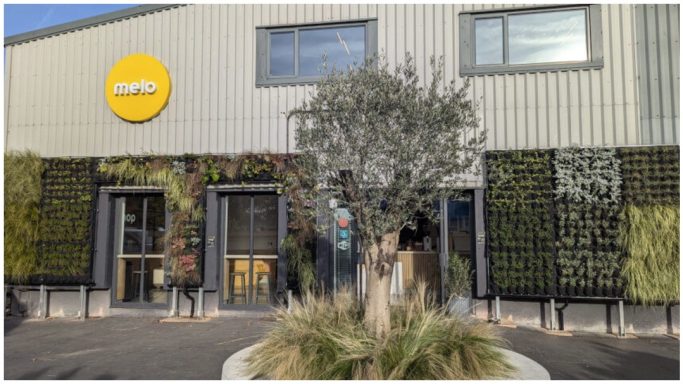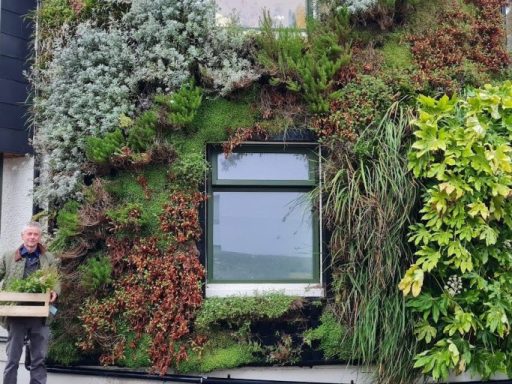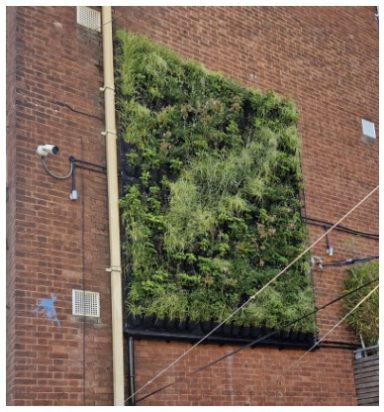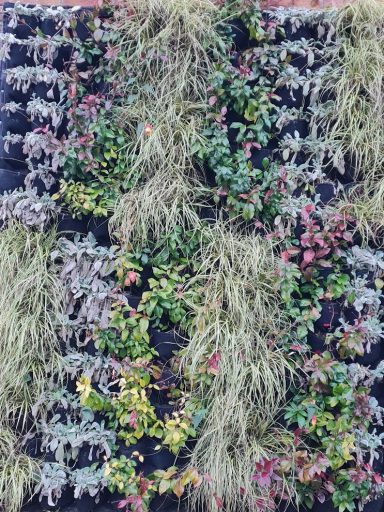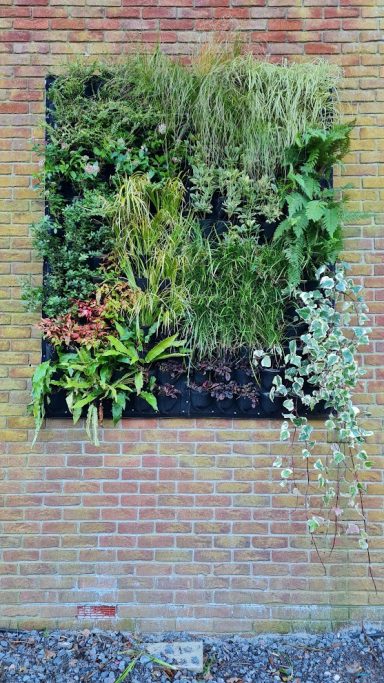Green Walls
Designing vibrant vertical gardens and incorporating greenery into our living spaces nurtures a deeper connection with nature. Green walls are a multifunctional solution not only enhancing the appearance of urban areas but also address environmental, social and economic challenges facing cities today.
Improving Air Quality
Green walls help filter pollutants and particulate matter from the air, reducing smog and improving overall urban air quality. Plants absorb carbon dioxide and release oxygen, creating fresher, cleaner air.
Managing Stormwater
The soil and plants in green walls can absorb rainwater, reducing runoff and lessening the risk of flooding. This natural water management can be particularly beneficial during heavy rains, helping to ease the burden on city drainage systems.
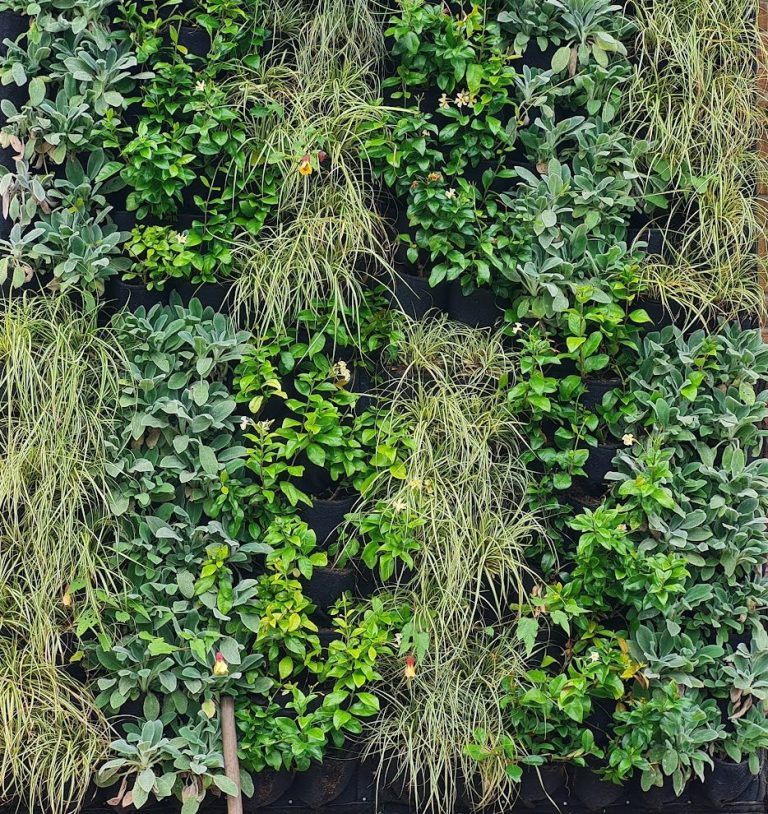
Regulating Urban Temperatures
Green walls provide natural cooling by shading building surfaces and through the process of evapotranspiration. This cooling effect helps lower the "urban heat island" effect, reducing energy demand for air conditioning and making cities more comfortable during hot weather.
Enhancing Biodiversity
Green walls create habitats for birds, insects, and other small wildlife, contributing to urban biodiversity. They help reintroduce greenery to concrete heavy areas, supporting the local ecosystem even in dense urban settings.
Boosting Mental Well-being and Aesthetics
Green walls add natural beauty to town/city scapes, making urban spaces more visually appealing. Studies show that exposure to greenery can reduce stress, improve mental well-being, and enhance the quality of life for city residents.

Reducing Noise Pollution
The foliage and soil in green walls can absorb and deflect sound, reducing noise pollution in busy urban areas. This is especially useful in areas with heavy traffic or dense human activity, creating a quieter and more pleasant environment.
Increasing Building Insulation and Efficiency
Green walls provide an extra layer of insulation for buildings, which can improve energy efficiency. By regulating building temperatures naturally, they help lower heating costs and reduce energy consumption.

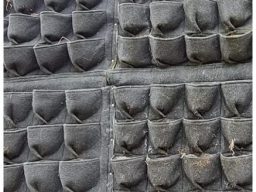
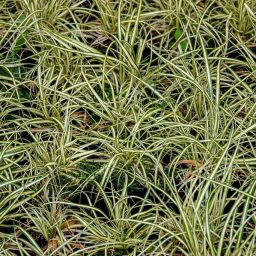







Our clients use a wide variety of plants in their living and thermal green walls. We also supply biochar for the installations to support healthy living systems.
- Abelia grandiflora
- Ajuga
- Betonica officianalis
- Carex
- Cotoneaster dammeri
- Erigeron
- Fatsia japonica
- Festuca
- Heuchara
- Jasminum nudiflorum
- Jasminum officinale
- Lavandula angustifolia 'Hidcote'
- Liriope
- Lonicera Evergreen (shrub)
- Lonicera periclymenum
- Muehlenbeckia astonii
- Nepeta
- New Zealand Blue Grass
- Pittosporum Trims Hedger
- Pyracantha
- Viburnum tinus
- Fargesia Rufa
- Red valerian
- Rosmarinus prostate
- Salvia officinalis
- Solanum Album
Green Wall Installations:
Some examples of thermal and non thermal green wall installations that are filled with plants and/or biochar from Trimplants:
Larger Installations
We supply biochar to a number of commercial and non commercial operations.
We are proud to support SocieTree (CIC) in their mission to build a greener, more sustainable future. Through the use of our biochar in the Miyawaki method, micro-forests are being created at the heart of communities. As part of Project 96, children are experiencing the joy of planting these micro-forests with Mushi and gaining access to thriving green spaces.
© Copyright Trimplants for all photos, videos used on the site Written permission is required for use. All rights reserved.
We need your consent to load the translations
We use a third-party service to translate the website content that may collect data about your activity. Please review the details in the privacy policy and accept the service to view the translations.

